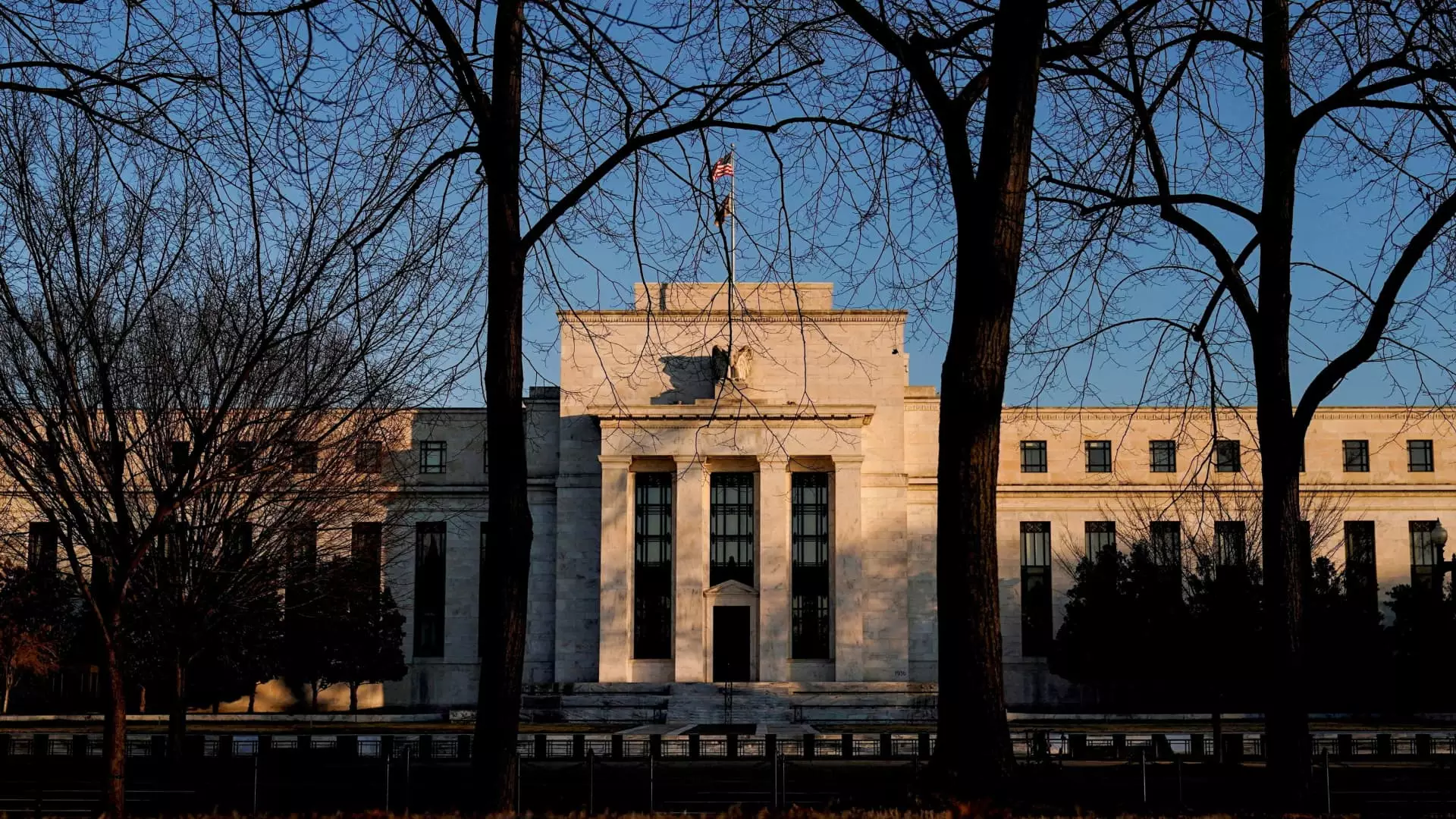The recent arrest of John Harold Rogers, a former senior advisor at the Federal Reserve, has sent shockwaves through the economic and political spheres, raising critical questions about national security, loyalty, and the insidious nature of economic espionage involving foreign powers, particularly China. Rogers stands accused of conspiring to leak sensitive economic information that could give China a significant advantage in manipulating U.S. markets. This troubling development underscores the vulnerabilities that exist within high-level financial institutions and the severe consequences of a lapse in ethical conduct.
According to the U.S. Attorney’s Office in Washington, D.C., Rogers allegedly conspired to steal trade secrets from the Federal Reserve, which could provide China with advance knowledge of U.S. economic policies. This information potentially allows for actions akin to insider trading, thereby posing a risk to the integrity of U.S. financial markets. The critical data Rogers is accused of sharing includes insights into changes to the federal funds rate and various aspects of U.S. economic policy. Given China’s substantial holdings of U.S. government debt, reported at around $816 billion, gaining this insider knowledge could strategically benefit Chinese investors, placing U.S. interests at risk.
Rogers’ two co-conspirators were purportedly affiliated with Chinese intelligence but masqueraded as graduate students. Evidence suggests they engaged in lavish briberies, providing Rogers with gifts and funding his travel to China, where he also served as a part-time professor at Fudan University. This transactional relationship raises grave concerns about the extent of influence foreign entities may exert on U.S. officials, especially in financially sensitive roles.
Rogers held a pivotal position within the Federal Reserve’s International Finance Division from 2010 to 2021, where he was privy to a wealth of confidential information. The indictment claims that Rogers systematically exploited this access to solicit trade secrets regarding U.S. economic data, including deliberations on tariffs targeting China—crucial negotiations for any economic strategist involved in international trade.
The nature of the information Rogers allegedly funneled to Chinese operatives is alarming. It included not just sensitive economic data but also comprehensive briefing materials for key decision-makers at the Federal Reserve—insight that is invaluable for sound investment decisions. Furthermore, given the Federal Open Market Committee’s significant role in determining the federal funds rate, Rogers’ actions could lead to far-reaching ramifications if left unchecked.
The arrest has broader implications that stretch beyond Rogers’ personal misdeeds. As stated by FBI Assistant Director David Sundberg, the Chinese Communist Party has intensified its efforts in economic espionage to undermine the United States and establish its own hegemony as the primary global power. These statements, made amid significant personnel changes within the FBI, highlight the urgent need for comprehensive measures to safeguard sensitive information housed within critical U.S. financial institutions.
What becomes clear is that the case against Rogers is not just about individual treachery; it represents a chilling example of how foreign nations can leverage espionage to gain competitive advantages in the economic arena. The trust placed in individuals serving in high positions is essential for national security, and breaches such as these necessitate significant reevaluations of hiring practices and security protocols within government institutions.
In light of this event, it is crucial for the Federal Reserve and other regulatory bodies to reexamine their information security policies to prevent similar breaches in the future. Enhanced training focused on recognizing potential espionage tactics and a rigorous vetting process for employees with access to sensitive information should become immediate priorities. The ability for foreign powers to infiltrate high-level financial advisory roles must be curtailed through vigilance and stricter regulations.
Moreover, collaboration between intelligence agencies and financial institutions is vital. Sharing knowledge regarding espionage behavior and developing joint strategies that bolster defenses against foreign interference can create a more robust security framework for sensitive economic information.
As the legal proceedings against Rogers unfold, the case serves as a poignant reminder of the potential vulnerabilities that exist within our financial systems—a wake-up call to both policymakers and officials within safeguarding our national economic interests against the threats posed by foreign adversaries. Economic integrity ultimately depends on unwavering commitment to ethical standards and an unyielding stance against the encroaching shadows of espionage.


Leave a Reply